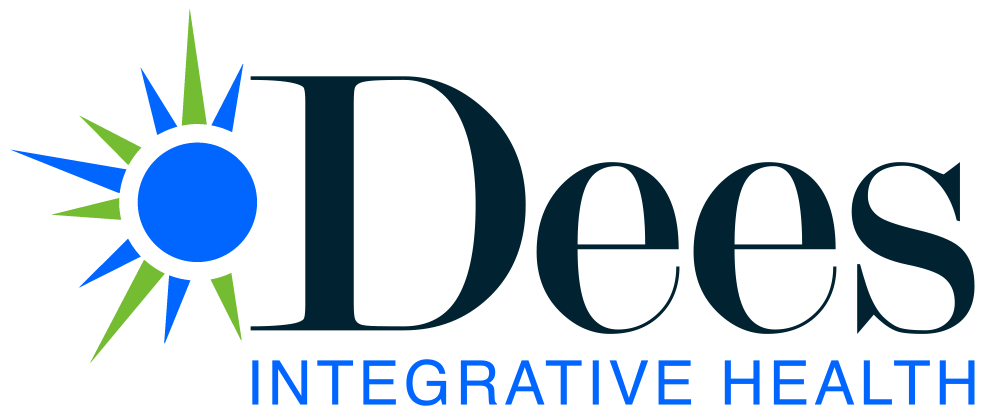Many of us learn about nutrition in childhood, but this knowledge sometimes falls by the wayside when we reach adulthood and find ourselves entrenched in unhealthy habits. Fortunately, it is never too late to develop good eating habits to help you live a healthier life. Here are some simple steps to eat right in every stage of life.
20s – Build Strong Bones
Peak bone density is reached around age 30, so your 20s are the perfect time to incorporate nutritional habits to help you maintain strong bones as you get older.

Calcium is perhaps best known as a building block for bones, but it also enables your blood to clot, muscles to contract and heart to beat. Your body cannot produce this mineral on its own, so it is important to get enough calcium from the food you eat to prevent your bones from becoming brittle.
It is recommended that men and women under age 50 consume at least 1,000 milligrams (mg) of calcium per day. Calcium-rich foods include:
- Dairy products – Cheese, milk and yogurt
- Dark leafy vegetables – Broccoli, kale and spinach
- Fish with edible soft bones – Canned salmon and sardines
- Calcium-fortified foods – Cereal, fruit juices and soy products
Many people can get all the calcium they need from a balanced diet, but you may consider taking supplements if you:
- Are lactose intolerant
- Are receiving long-term treatment with corticosteroids
- Consume large amounts of protein or sodium
- Follow a vegan diet
- Have osteoporosis
Calcium alone will not help you maintain strong bones. Your body needs vitamin D to absorb calcium. The National Academy of Medicine (NAM) recommends consuming 400 to 800 International Units (IUs) per day. People who do not spend much time in the sun may need to take supplements to get enough vitamin D.

30s – Prepare for Baby and Prevent Disease
Many couples are choosing to put off pregnancy until they are in their 30s, often because of career and personal obligations. However, babies born to mothers older than age 35 are at higher risk of certain health conditions, and older mothers are also more likely to develop gestational diabetes, high blood pressure and other complications. Good nutritional habits can help you have a healthy pregnancy.
Folic acid is an important nutrient for mothers-to-be. Taking a prenatal vitamin that contains at least 400 micrograms (mcg) of folic acid before, during and after pregnancy can help prevent neural tube birth defects, such as spina bifida.
Your 40s is also a time to start thinking about how to prevent chronic diseases that become more prevalent as we age. A plant-based diet has been shown to stave off type 2 diabetes, heart disease and certain types of cancer. It is recommended you focus on eating:
- Fresh fruits and vegetables
- Lean proteins
- Legumes
- Nuts and seeds
- Whole grains
40s – Up Your Fruit and Vegetable Intake
Just one in 10 adults consume an adequate volume of fruits and vegetables, according to a recent report from the Centers for Disease Control and Prevention (CDC). Fresh produce is packed with health-promoting vitamins, minerals and antioxidants, so it is important to ensure they make up an adequate percentage of your diet. According to federal guidelines, adults should eat at least:
- 1 ½ to 2 cups of fruit per day
- 2 to 3 cups of vegetables per day

Fruits and vegetables are also rich in dietary fiber, which can help protect against heart disease and some cancers. NAM suggests men under age 50 consume 38 grams of fiber per day, while women should eat at least 25 grams. Fiber-filled foods include:
- Beans, lentils and peas
- Nuts and seeds
- Whole grains
50s – Eat Mindfully
Hormone fluctuations during this time, such as menopause, can affect your metabolism and make it easier to put on weight. Rather than yo-yo dieting – which has been linked to a higher risk of cardiovascular issues and osteoporosis – you should focus on mindful eating and getting regular physical activity. You can be more intentional with how you eat by:
- Filling your fridge and pantry with healthy foods
- Limiting your portion sizes
- Not skipping meals
- Taking small bites
60s and Beyond – Boost Your Protein
Protein is essential for maintaining muscle and bone density, which we tend to lose as we age. A 2015 study found that older adults who ate 1.5 grams of protein per kilogram of body weight were better able to rebuild and retain muscle than those who consumed the recommended dietary allowance (RDA) of 0.8 g/kg. Good sources of protein include:
- Beef
- Chicken
- Eggs
- Legumes
- Low-fat dairy products
- Nuts and seeds
Develop Good Nutritional Habits at Dees Integrative Health
Healthy eating habits are paramount at every age. Dees Integrative Health can help you choose the right foods for your current life stage and health goals. We use the latest advancements in science and technology along with a holistic approach to help you lose weight. Call 941.552.6686 or schedule your FREE consultation online.
